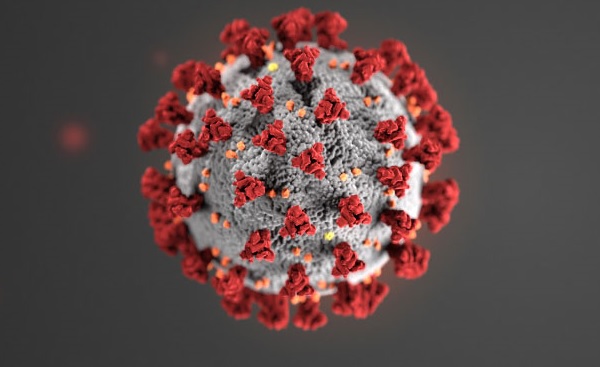
The proposed measures take into account the pathogenic and contagious nature of the COVID-19 virus. In this context, respecting the rules of distance in interpersonal relationships is one of the most effective measures to limit the spread of the virus. The following measures come into effect at midnight on Monday and apply until further notice, and complement other measures previously announced last Thursday.
2. Travel restriction for the general public: Traffic on the public roads is limited to the following activities:
- travel to health facilities,
- travel to work for the exercise of professional or commercial activity,
- assistance and care for the elderly, minors, dependent people, disabled people or particularly vulnerable people,
- travel to financial and insurance institutions in case of emergency,
- due to a case of force majeure or a situation of necessity,
- leisure activities (walking, jogging, play areas, etc.), subject to respecting an interpersonal distance of 2 metres.
3. Hospital sector: Hospitals will deploy staff and services mainly to urgent, "non-deprogrammable" and acute activities. COVID-19 infected patients who do not have serious complications (mild symptoms) are to be treated at home.
- the production and distribution of energy and petroleum products;
- the health sector with hospital activities and medical analysis laboratories;
- the food sector;
- water distribution;
- collection and treatment of wastewater;
- removal and management of waste.
- public transport;
- administrative services which work in public power;
- exchange, payment and settlement systems for financial instruments.
5. Recommendations for companies: it is recommended that companies use teleworking as much as possible and reduce their activities to tasks that are essential for the operation of the business.
- pharmacies,
- opticians,
- animal feed stores,
- telecommunications businesses,
- stores for hygiene and washing products and sanitary equipment,
- sale of fuel and petrol stations,
- distributors and specialized trade in medical and sanitary material,
- kiosks,
- laundry and clothes cleaning services,
- financial and insurance institutions,
- funeral services.
The closure also targets shops in shopping centres, with the exception of the activities referred to above.
7. Cancellation of all non-essential activities: All cultural, social, festive, sporting and recreational activities are suspended: this covers all establishments in the cultural, recreational, sports and HORECA sectors wheich are to remain closed (museums, bars, restaurants, cinemas, cafes, nightclubs, libraries, swimming pools, sports halls, etc.). The ban does not apply to take-away (take-out), drive-in and home delivery services. Hotels remain open. Restaurants and hotel bars, with the exception of room service, are to remain closed.








